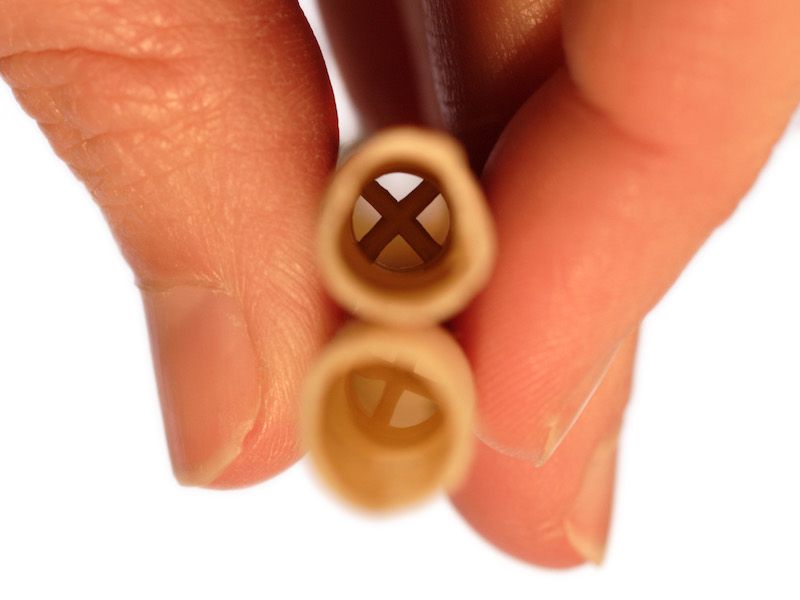
There’s a lingering belief in some circles that a practice known as “ear candling” is an effective way to reduce your earwax. What is ear candling, and does it work?
Is Ear Candling Effective?
Spoiler alert: No. No, they don’t.
Why then, does this bit of pseudo-science keep finding its way into the heads of otherwise rational human beings? It’s hard to say with much precision. But the more you discover about earwax candling, especially the risks involved, the more likely you can draw an informed choice (even if the rational choice is pretty clear).
Earwax Candling, What is it?
So the basic setup goes like this: Maybe you aren’t certain how to remove all your accumulated earwax. You know you aren’t supposed to use cotton swabs (which is good, cotton swabs are not a great way to clean out your ears, generally speaking). So, after doing some investigate, you discover a method called earwax candling.
Earwax candling supposedly works as follows: By sticking a candle into your ear (wick side out), you create a pressure differential. This pressure difference then pulls the wax out. In theory, the pressure difference is enough to break up that may be log-jamming in your ear. But this harmful technique is not a smart way to clean your ears.
Why Doesn’t Ear Candling Work?
This practice has several issues, including the fact that the physics just don’t work. You would need a considerable amount of pressure to move earwax around and a candle is not capable of creating that kind of pressure. Also, a candle doesn’t have the type of seal needed to maintain pressure.
Now, there are supposed to be special candles used in this “procedure”. All of the wax that was in your ear can be located in the hollow part of the candle which can be broken apart when you’re done with your 15 minutes of ear candling. The only issue is that the same detritus shows up in both burned and unburned candles. So the whole process amounts to fraud.
Earwax candling hasn’t been proven by science to have any benefit whatsoever.
So we Know Ear Candling Doesn’t Work But is it Dangerous?
So, you may as well give it a shot, right? Well, whenever you get hot candle wax near your ears, you’re looking for trouble. Look, it’s quite possible that you may try ear candling and walk away completely unharmed. Plenty of people do. But there are certainly risks involved and it’s definitely not safe.
Here are some negative effects of ear candling:
- Candle wax can also clog up your ear canal after it cools. You could wind up temporarily losing your hearing or even needing surgery in serious cases.
- Severe burns inside ear. Serious hearing issues and burns can be the outcome of getting hot wax inside of your ear. This could permanently jeopardize your hearing in the most extreme cases.
- You could cause severe damage when you mess around with an open flame and possibly even put your life in danger. Seriously, you could burn your house down. Eliminating a bit of earwax isn’t worth that kind of danger and risk.
You Can Clean Your Ears Without Needing a Candle
In most circumstances you will never even have to worry about cleaning earwax out. That’s because the human ear is essentially a self cleaning system. But you could be one of those people who have an uncommonly heavy earwax production.
If it happens that you have too much earwax there are techniques that have been proven to work safely. For example, you could get a fluid wash. Another option would be to consult a hearing care specialist for an earwax cleaning.
Cotton swabs are definitely not the way to go. And you should also stay away from using an open flame to clean out earwax. Earwax candling isn’t effective, and it can create dangers that will put your comfort and your hearing in considerable danger. Try burning candles for their sent or for enjoyment but never as a means to clean your ears.
